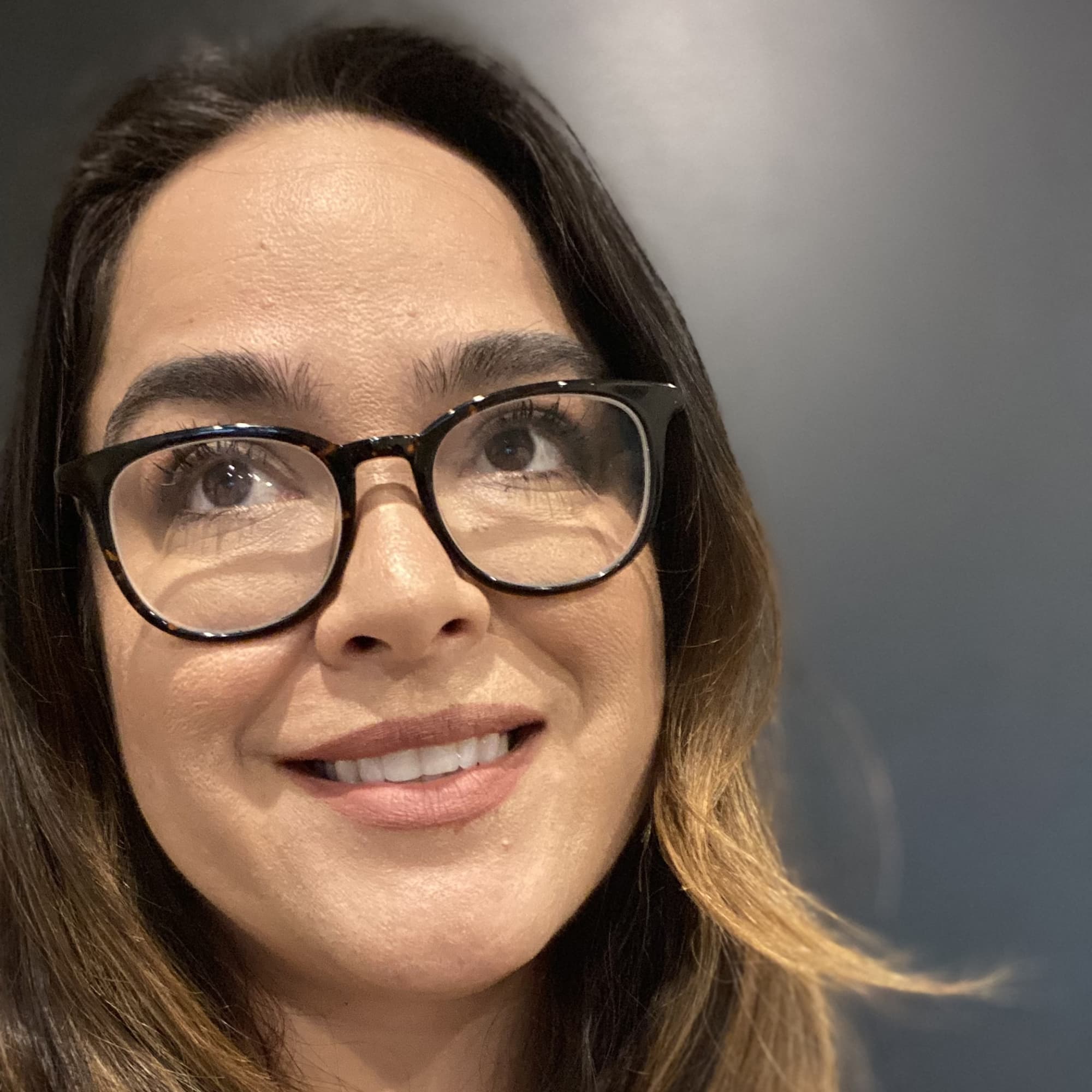What Dental Hygienist School Is Really Like
- Dental hygiene programs are typically rigorous and challenging.
- Elizabeth Graves, a registered dental hygienist, told BestColleges about her experiences.
- Dental hygiene curricula often demand considerable out-of-class studying time.
- Clinical time — working with patients and gaining experience — can feel the most rewarding.
For Elizabeth Graves, a registered dental hygienist, the first challenge of dental hygiene school was getting accepted.
Getting accepted into dental school was very challenging,
Graves said. The dental hygiene program at (Erie Community College) is very competitive.
The next two years were a bigger challenge as she faced long days balancing a heavy workload with clinical training. In the end, she earned an associate of applied science in dental hygiene.
Today, Graves is a registered dental hygienist. She also runs a dental health education website, Take Home Smile.
So what’s dental hygiene school like? Let’s ask Graves.
A Typical Day in a Dental Hygiene Program
Graves’ program had two types of days: 12-hour and nine-hour days. A 12-hour day had classes in the morning and evening plus six hours in the clinic. A nine-hour day had three hours of clinic time plus classes in the morning and evening.
Sounds busy, right? That’s because it was, Graves said.
It’s a very large workload crammed into each semester,
Graves said. I personally excelled in the clinic more than in the classes.
Balancing a Dental Hygiene Curriculum
Graves’ dental hygiene program curriculum included general education, biomedical sciences, and dental sciences. It was intense for Graves to balance lectures, laboratory training, weekly assignments, and group projects.
There is an incredible amount of studying and dedicated reading and note-taking,
Graves said. You have your sciences of the whole body and mouth, including learning diseases and medications. You also have to learn instrumentation, how to use the instruments, and ergonomics in the chair.
Clinic Time Is a Preview of a Dental Hygiene Career
Graves felt most comfortable in the clinic. It was the most hands-on part of her program and an opportunity to see what being a dental hygienist is really like.
In the clinic, you start off very slowly,
Graves said. You first go over exams inside and outside of the mouth, charting, and gathering medical histories. Every step of seeing patients in the clinic is checked by a professor, making the appointments long.
Graves’ clinic training was the real deal. She examined patients for signs of oral disease, cleaned their teeth, and recommended self-care strategies — all the skills a dental hygienist needs.
Graves said the bonus was giving care to people who needed it most. Erie and many other dental schools offer free or low-cost care to their communities.
I enjoyed the clinic portion of school and interacting with patients,
Graves said. I also really enjoyed giving free dental care to people who may not be able to afford it in private offices.
The Hard Truths of Dental Hygiene
After graduating, it took Graves about a month to feel comfortable with day-to-day tasks and a little longer to feel confident presenting her treatment plans. But she consistently struggled with the physical demands of the job.
I wish I knew of the sustainability of the career over time,
Graves said. It’s a very physically demanding job and takes a huge toll on the back, shoulders, and wrists. It is not a sustainable career to work 40 hours a week until retirement.
Graves also wishes she knew more about dental hygienists’ pay and benefits. According to the Bureau of Labor Statistics, dental hygienists earned a median of $77,810 in May 2021. But employee benefits are not always a given.
A lot of (dental hygiene) jobs also do not come with benefits such as health insurance or disability insurance,
Graves said. In some areas of the United States, the pay can also be pretty low for a full-time career.
Tips for Success in Dental Hygiene
Graves’ experiences taught her many lessons she can pass on to future dental hygiene students. A few of Graves’ tips for success in dental hygiene school include:
- Be prepared for a heavy workload and considerable out-of-class studying time.
- It pays off to have discipline, study actively, and take good notes.
- Licensure requirements are intense, so do your best in classroom, lab, and clinic settings.
One of Graves’ biggest tips revolves around the ergonomics of a dental hygiene career.
Dental hygienists spend much time in static and awkward postures while working with patients. Unsurprisingly, they experience pain in their neck, shoulders, hands, wrists, and back. One 2020 study found that about 58% of dental professionals who participated in the study experienced a musculoskeletal disorder.
Graves recommends looking into appropriate ergonomic techniques to cope with the physical demands, such as correct body positioning, stretches, and chiropractor visits.
This will play a huge role in your career and how long you can work in it,
Graves said.
Explore More College Resources

Associate vs. Bachelor’s Degree in Dental Hygiene
Not sure whether to choose an associate or bachelor’s program in dental hygiene? Read our guide to find out which degree is right for you.

by Nalea Ko
Updated September 18, 2024



